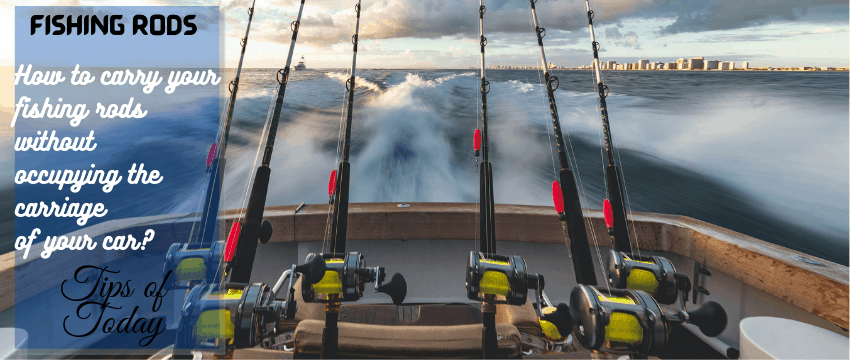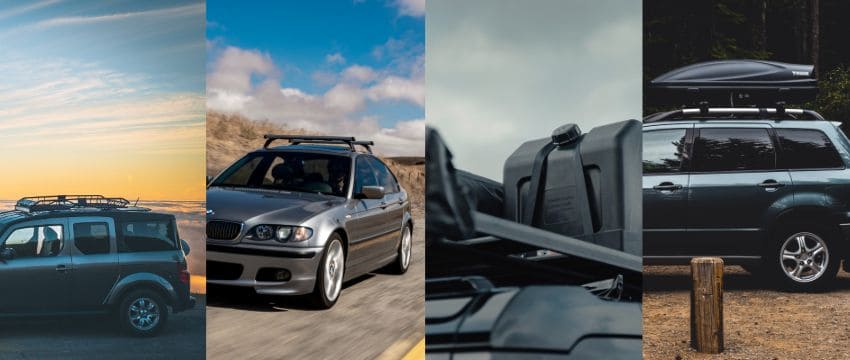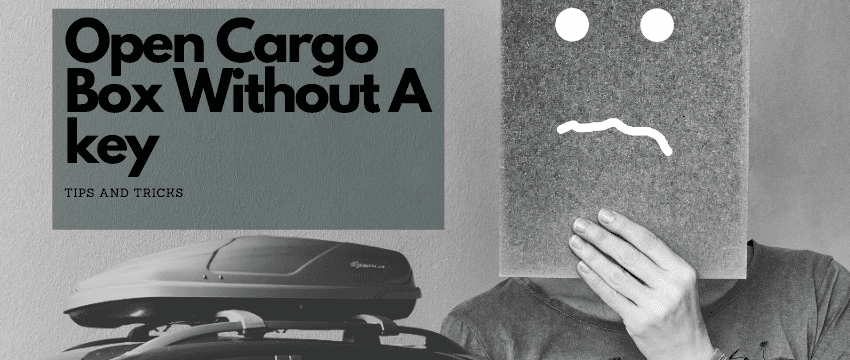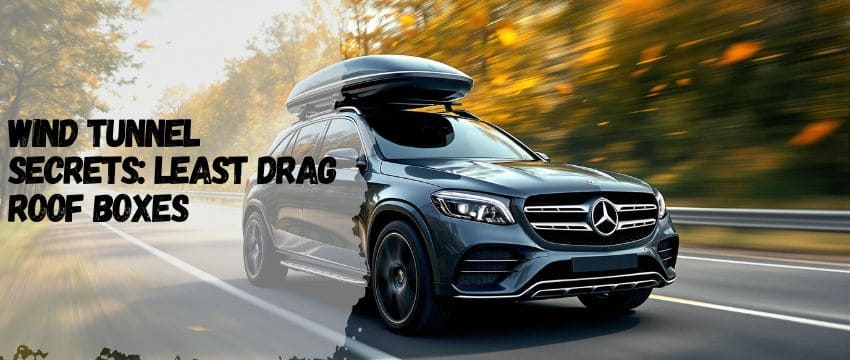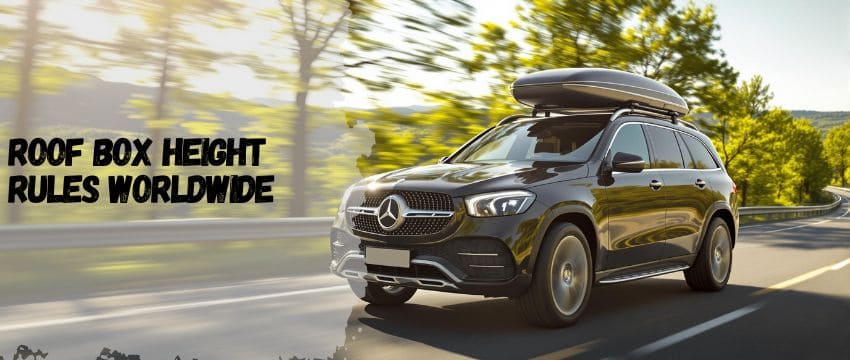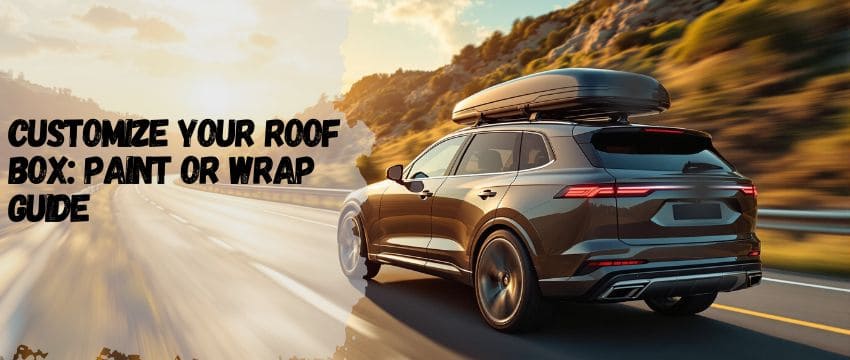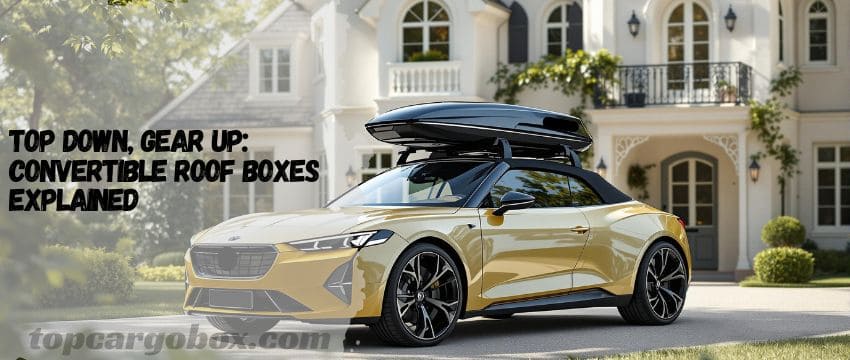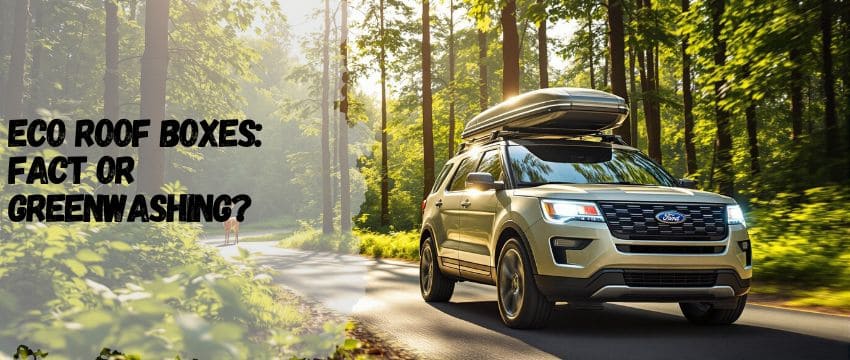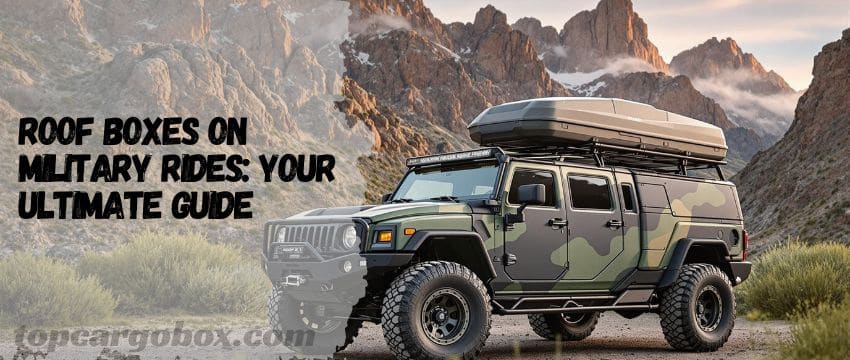What’s up, road warriors? Imagine this: You’re packing for a weekend getaway, and your roof box automatically opens, swallows your gear, and locks itself. No ladder-climbing, no awkward heaving—just pure lazy genius. Sounds like sci-fi? Maybe. But let’s dig into whether self-loading roof boxes could actually roll into reality.
Why Current Roof Boxes Drive You Nuts
How’s it going, fellow overpacker? Let’s be real—lugging a 50-pound box onto your roof rack is like wrestling a greased-up crocodile. 75% of roof box owners admit they’ve nearly thrown out their backs doing it. For real? Yep. And forgetting to lock it? Cue the “Oh snap!” moment when your camping gear becomes highway confetti. We’ve all been there.
What Even Is a Self-Loading Roof Box?
The Dream vs. Today’s Reality
Picture a rooftop robot that hoists, packs, and secures gear via voice command. Right now, it’s pure fantasy. But pieces of this tech exist—motorized lifts, smart sensors, even AI-driven packing algorithms. Startups like AutoCargo are testing prototypes that respond to app controls. That’s lit! But they’re clunky and cost more than your car’s down payment.
How Would It Actually Work?
Think garage-door opener meets Roomba. A motorized arm could extend to ground level, scoop your bags, and retract. Sensors would balance weight distribution. Solar panels? Maybe. But waterproofing those gears in a rainstorm? That’s crazy!
Tech Hurdles: Why It’s Not Here Yet
Power Problems
Where’s the juice coming from? Tapping your car’s battery could drain it faster than a TikTok scroll session. AAA estimates adding a motorized roof box might slash EV range by 10-15%. Bummer. Solar’s an option, but you’d need 2-3 square meters of panels—bigger than the box itself.
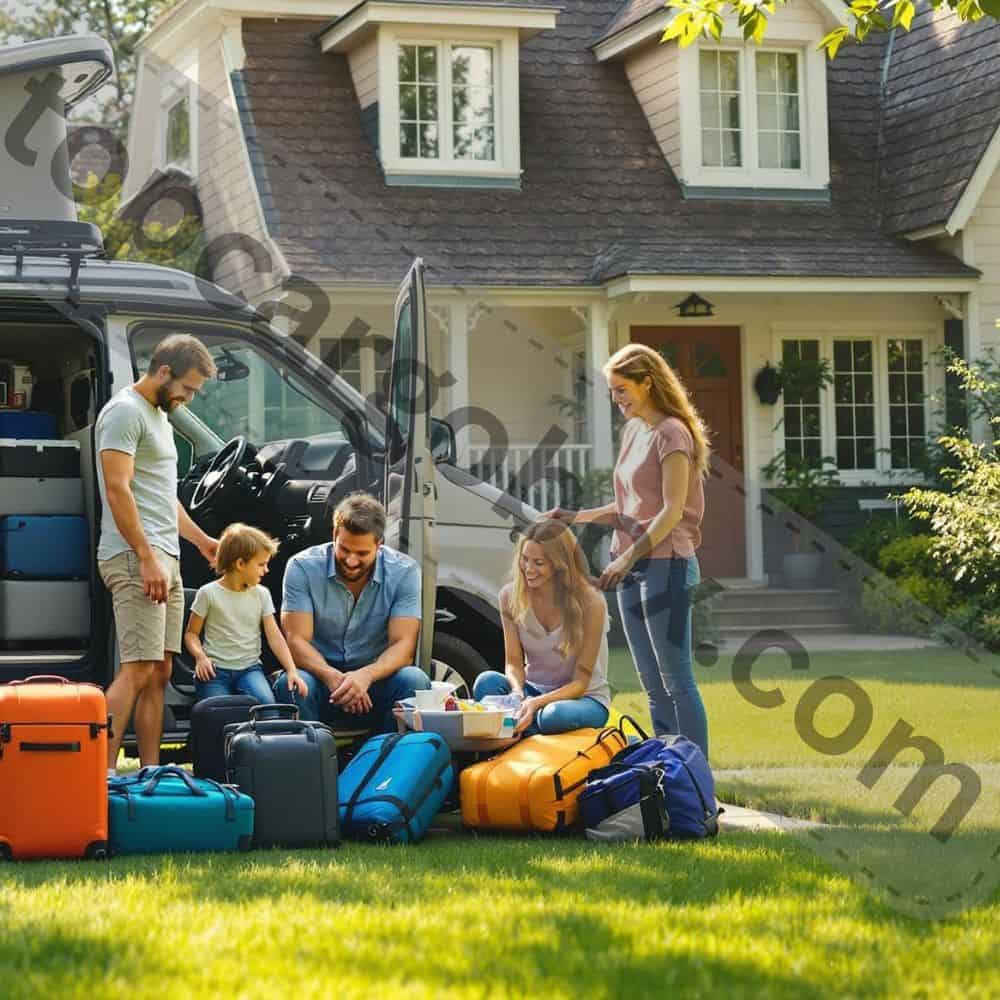
Weight and Weather Woes
Roof boxes already weigh 40-60 lbs. Add motors and metal arms? You’re pushing 100+ lbs, stressing your roof rails. Plus, snow, dirt, or a rogue pigeon could jam the mechanics. Are you kidding me?
Who’s Trying to Make It Happen?
Startups vs. Giants
Thule and Yakima are quietly filing patents for automated latches and load-assist arms. Meanwhile, Tesla’s Cybertruck has a built-in ramp—could that inspire rooftop bots? Nah, not yet. But indie labs are hustling. AutoCargo’s Kickstarter demoed a box that unfolds like a Transformer. Dude, yes!
Would You Even Want One?
Pros: Bye-Bye, Back Pain
No more grunting as you heave skis overhead. Apps could auto-arrange gear for optimal weight. Plus, built-in trackers could ping you if it’s unlocked. I’m down.
Cons: Price and Paranoia
Early models could cost over $5,000. And hackers accessing your roof box? That sucks. Plus, repair costs would make your mechanic cackle.
The Road Ahead: 2030 or Never?
Can you imagine these hitting market by 2030? Maybe. But they’ll debut for luxury RVs first. For everyday cars? It’s a long shot. Still, 62% of millennials in a 2023 survey said they’d pay extra for hands-free travel gear. So… maybe?
Spec Sheet: Hypothetical Self-Loader
Feature | Details |
|---|---|
Automation Type | Motorized arm + AI load sorting |
Power Source | Hybrid solar/car battery with 8-hour backup |
Weight Capacity | 150 lbs (static), 100 lbs (while moving) |
Weatherproofing | IP67 rating (survives monsoons) |
Price Estimate | $4,000-$7,000 (before installation) |
Wrap-Up: Keep Dreaming (But Pack Light)
Catch you later, manual lifters! Self-loading roof boxes aren’t here yet, but the gears are turning. Till then, maybe just… pack fewer shoes?
FAQs
Are cargo boxes worth it?
Totally, if you road-trip often or need extra space without a bigger car. They protect gear from weather and free up legroom. But for city dwellers? Rent one for occasional trips. Just weigh the cost vs. your sanity.
How do I know if a cargo box will fit my car?
Check your roof rack’s weight limit (usually 100-200 lbs). Measure the rack’s length—boxes shouldn’t overhang. Cross-reference your car’s manual with the box specs. Still unsure? Chat with a dealer or Reddit’s r/roofbox crew.
Which is better, Thule or Yakima cargo box?
Thule’s known for aerodynamics and sleek designs (think Motion XT). Yakima’s SkyBox rocks durability and easier installation. Both have 10-year warranties. Choose Thule for speedsters, Yakima for rough roads.
How fast can you drive with a cargo box?
Most boxes max out at 80 mph. Go faster, and wind noise sounds like a banshee choir. Rain or snow? Stick to 65 mph to avoid hydroplaning. Check your model’s manual—some forbid highway speeds.
Does cargo box affect gas mileage?
Yep. Bulky boxes can slash MPG by 25%. Aerodynamic models (like Thule’s) cut that to 15%. Remove it when unused, and drive slower. At $4/gallon, that’s $_100+ saved yearly. You good?
Our team is creating outdoor-gear relevant articles with passion. If our articles can help you to find the correct solutions for your questions, we will be happy about that. In the content creation process, we usually collect accurate and useful information online or offline to compile our content in an organized way. Consequently, we can guarantee that you can discover some expected answers to your questions. We appreciate your time on our site.


